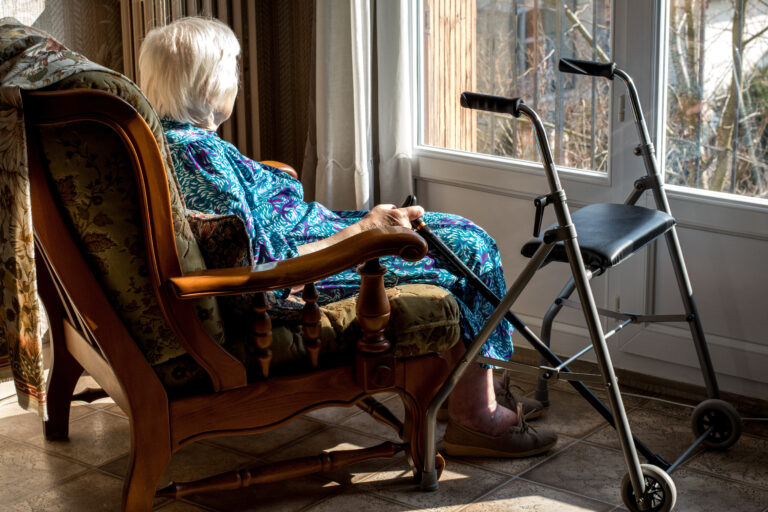Those who put off doing any estate planning before entering a care facility, may find themselves asking what estate planning can a nursing home resident do? It can be difficult trying to understand the estate settlement process. It’s a system so arcane and frustrating that it can take months to complete. Family members must deal with probate, taxes, assets and debts — all while navigating their grief.
McKnight’s Senior Living’s recent article entitled “5 estate-planning steps your residents should know” says “it doesn’t have to be that hard, especially if the estate owner helps organize the estate before the time comes. While you already might know some steps, the list of things to consider will prove useful. Handling those steps in life is the kindest thing a person, especially a resident of a care facility, can do for his or her family. That’s because these steps are far more difficult for an executor to complete, if they have not been thoughtfully planned.
- Name an executor. The first thing is to choose the person who will carry out the terms of the last will and testament. A senior should make certain this individual is able to take on such a complex role and notify them in advance. A critical part of the process for a care facility resident, depending on their circumstances, can be creating joint accounts with the executor. Doing this can ensure that money won’t be trapped in probate after the resident’s passing. Beware: there are risks associated with this approach because the surviving joint owner becomes the legal owner and may use it personally rather than for estate expenses.
- Create a list of assets and liabilities. Collect all important records on paper or in a digital vault for the executor to reference and fulfill when needed. This should include a list of all digital accounts, debts owed and to whom, any valuable and sentimental items, as well as assets passing outside of probate by joint ownership, beneficiary designations and title in trust. When questions arise, the executor won’t have to sift through documents and get frustrated if an important document or asset can’t be found.
- Determine how the estate should be distributed. The resident should have an estate distribution plan that can be added to the will to help lessen the burden on the executor.
- Draft a last will and testament. When the last will is created, the resident should ensure that loved ones and beneficiaries are aware of the terms, so there are no issues. Make sure that the will can be authenticated easily later. Keep it in a central place with other important documents.
- Prepare for probate. Probate is the process of authenticating the last will. It lets debts and assets move from the deceased’s estate to the executor. Every state has its own probate rules. A resident must be aware of two primary things. First, finding the right probate court. If the resident has moved recently or lives in a senior living community far from his or her original home, then probate may be required in the new state rather than the state they call “home.” Second, the resident must understand and plan for probate-related fees.
So, when asking the question: "What Estate Planning Can a Nursing Home Resident Do?" know that there are ways to avoid probate, to include those mentioned earlier in this post, such as placing assets in a trust. The key here is to speak to a certified and experienced estate planning attorney about probate avoidance tactics, if you want to explore options to greatly simplify the estate settlement process later on! If you or a loved one are concerned about issues with situations like this, and in estate planning and elder law concerns including Asset Protection/Medicaid Planning and questions regarding long-term care and the nursing home, reach out to us! Book a call with us on our website: www.VAElderLaw.com to get started. We have offices in Bassett, Danville and Lynchburg to serve you.
Reference: McKnight’s Senior Living (Sep. 29, 2022) “5 estate-planning steps your residents should know”



